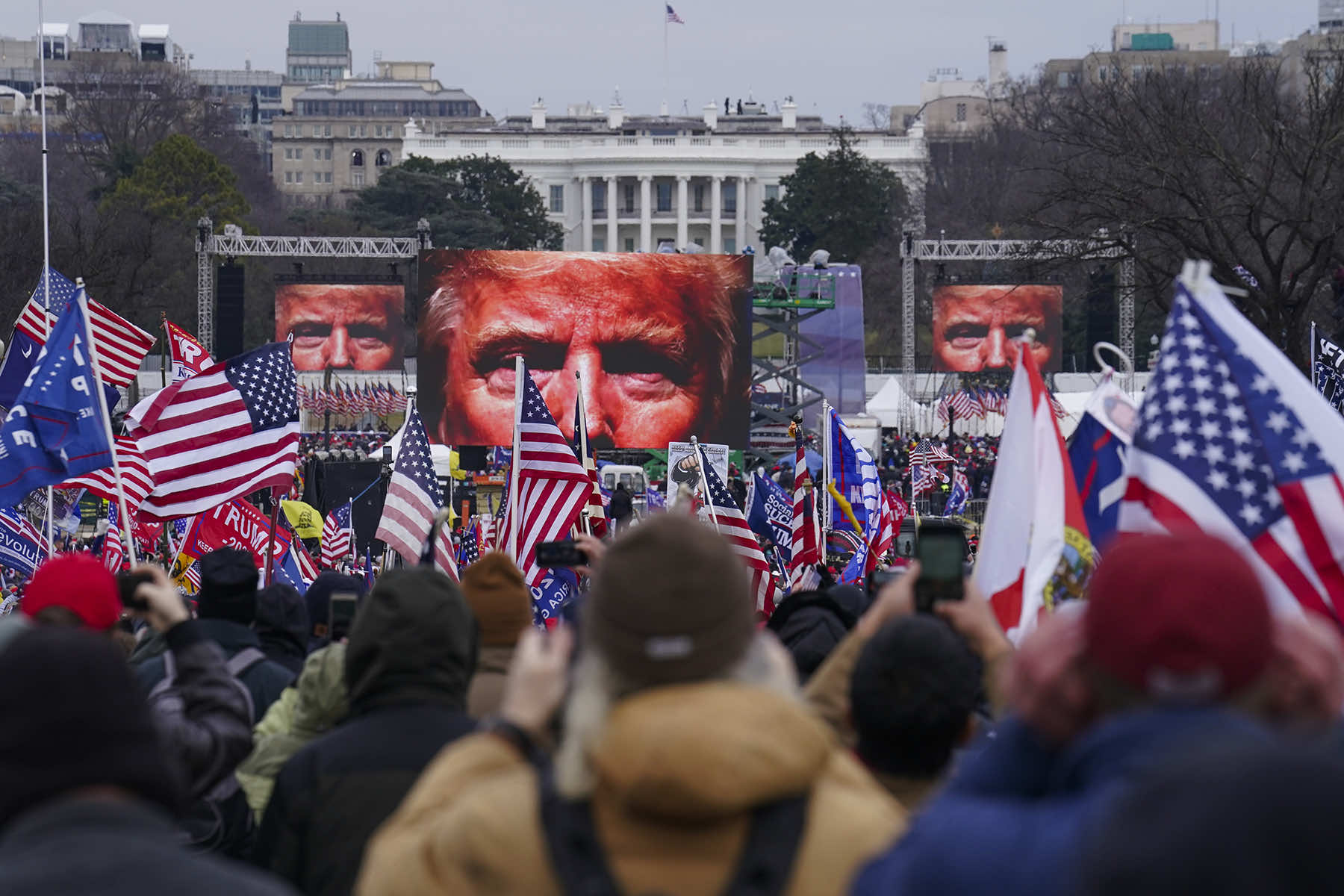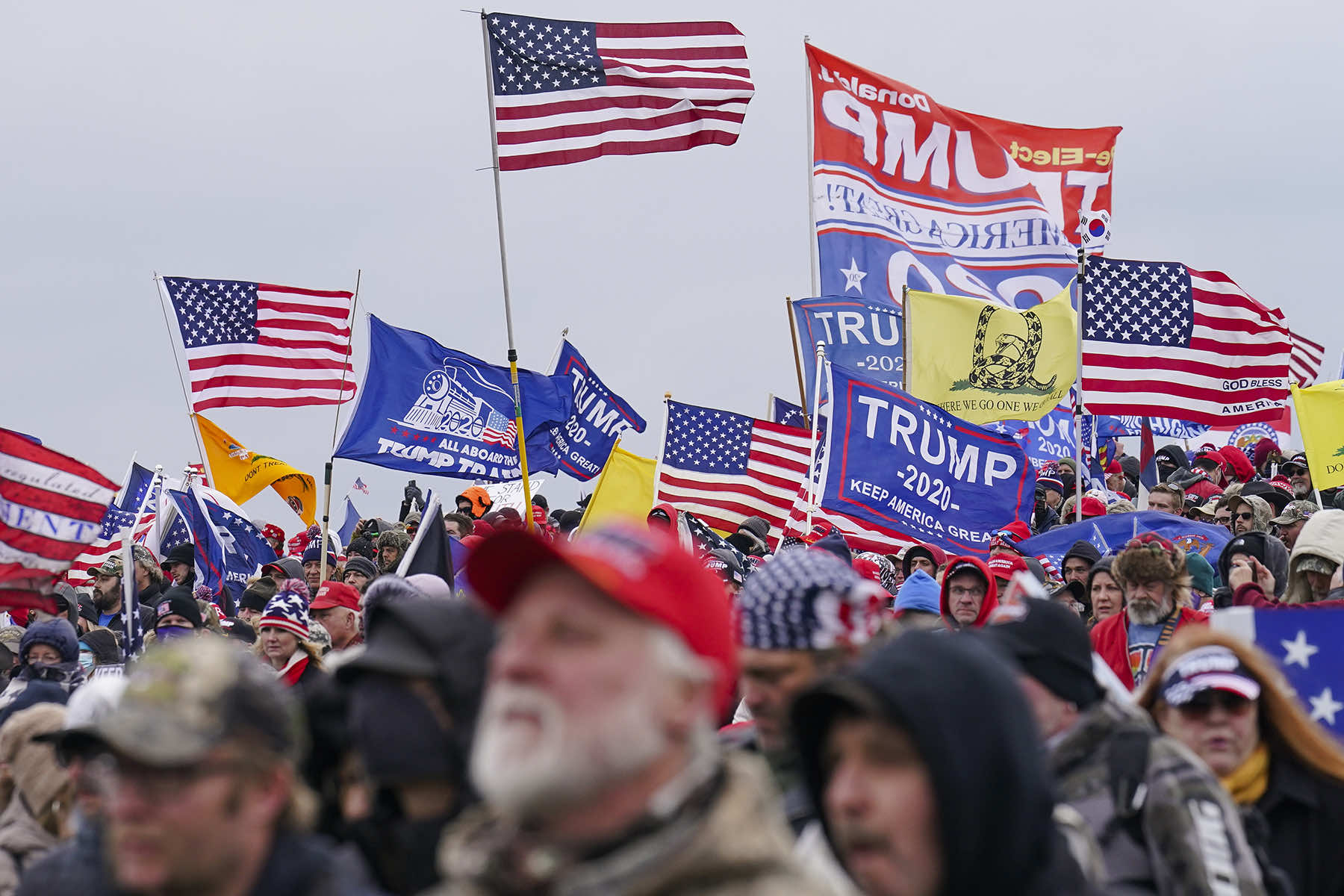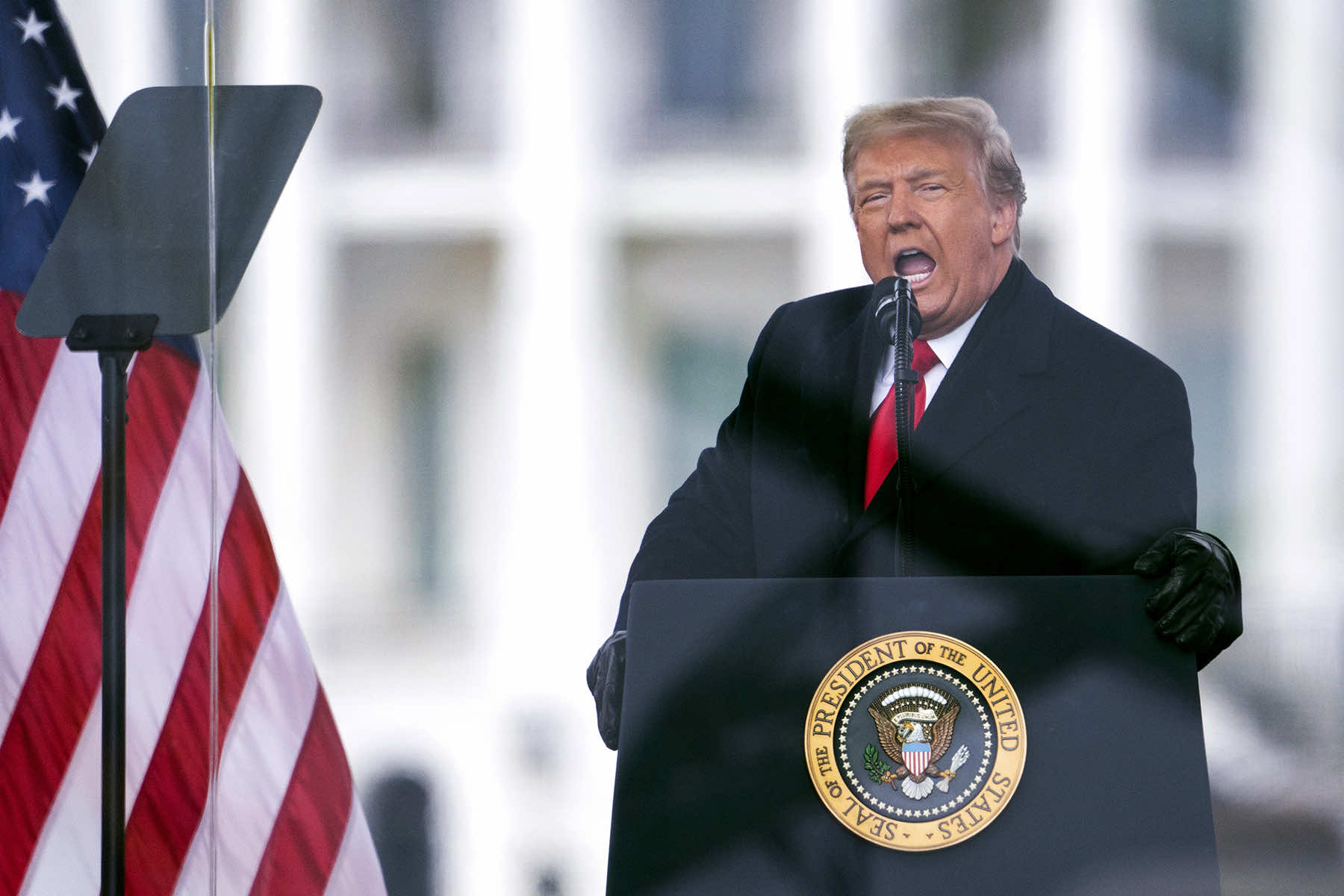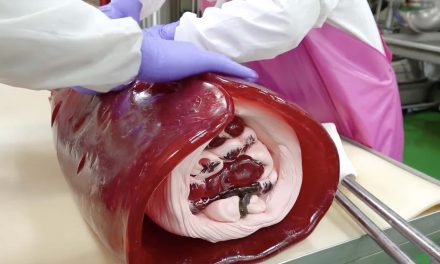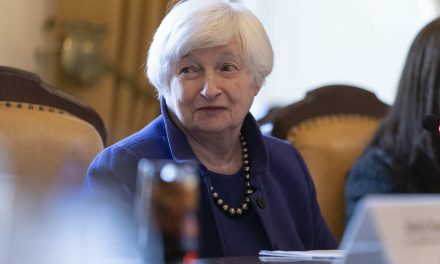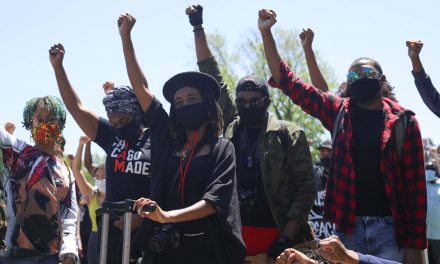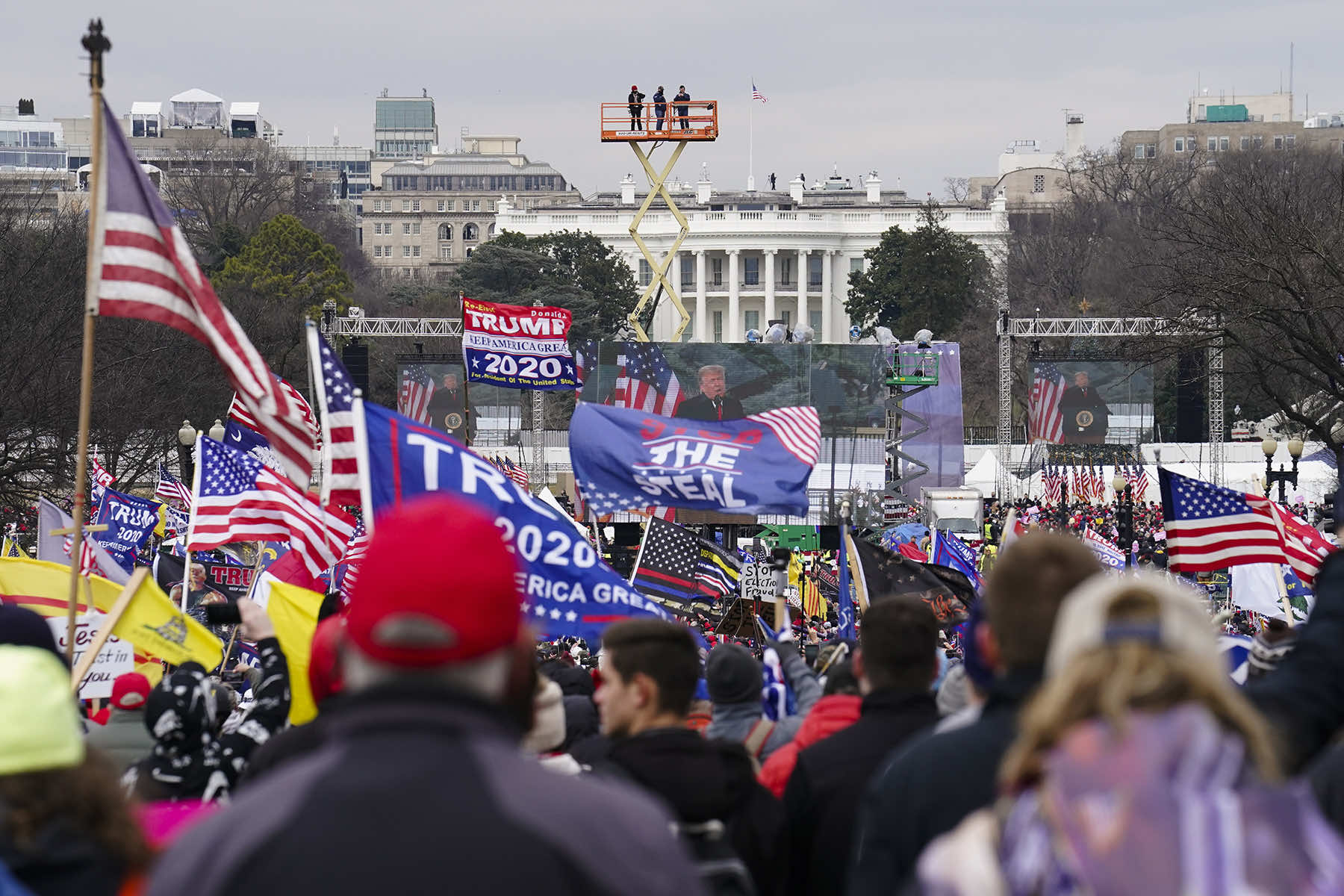
The Supreme Court has scheduled a special session to hear arguments over whether former President Donald Trump is ineligible to be president again and can be kept off the ballot.
The case, to be argued on February 8, stems from a section of the 14th amendment that’s meant to keep former officeholders who “engaged in insurrection” from regaining power.
The Colorado Supreme Court ruled that Trump should be disqualified because of his efforts to overturn his loss in the 2020 election, culminating in the January 6, 2021, attack on the U.S. Capitol.
Trump appealed to the nation’s highest court, and both sides agreed that the justices should take up the case and issue a conclusive ruling soon.
The court is moving much faster than usual in scheduling arguments, so a decision relatively soon is possible, if not likely. Here are some things to know:
FIRST IMPRESSION
It is rare for today’s Supreme Court to take up a constitutional provision for the first time, but that’s exactly what will transpire in the dispute over Trump’s access to the ballot. The 14th Amendment has been around since 1868, but the Supreme Court has never before considered Section 3, known as the insurrection clause.
With little in the way of prior court rulings, both sides are pointing to historical clues to argue for their reading of the provision, including how it was interpreted at the time of its adoption.
FULL BENCH
The wife of Justice Clarence Thomas urged the reversal of the 2020 election results and then attended the rally that preceded the January 6, 2021 attack on the Capitol.
Ginni Thomas’ actions have prompted calls for the justice to step aside from the Supreme Court’s consideration of whether Trump should be disqualified from being president again.
But Thomas has ignored the calls and, in any case, the lawyers for the Colorado voters who sued to kick Trump off the ballot haven’t asked for Thomas’ recusal.
IN THIS CORNER
The parties and their backers do not split along predictable partisan or ideological lines. The case has been brought by Trump critics who are registered as Republican and independent voters in Colorado, but organized by a liberal public interest group. The Colorado Supreme Court’s seven justices were entirely appointed by Democrats, though they split 4-3 in ruling against Trump.
Elected Republicans in Washington and around the country, as well as former Republican attorneys general and conservative interest groups have rallied to Trump’s defense. But some of the most vocal proponents of disqualifying Trump under Section 3 are conservative legal theorists. And former Republican governors and members of Congress have filed a friend of the court brief urging that Trump be disqualified.
Numerous scholars who’ve dug into the history of Section 3 think it applies to Trump. But several academics also disagree. Trump blames the cases on President Joe Biden, but his administration has stayed out of the case and some of the lawyers on the case say they’ve been criticized by Biden supporters for filing it.
In related developments, Maine’s Democratic Secretary of State ruled that Trump was disqualified — a decision that’s on hold while Trump appeals. A retired Republican judge in Illinois who was hearing the case for the state’s Board of Election also concluded Section 3 applies to Trump. He recommended the board keep Trump on the ballot anyway because the courts should make the final decision.
WHO ARE THE LAWYERS?
Trump is represented by Jonathan Mitchell, an Austin, Texas-based lawyer who is making his sixth appearance in front of the court, the first two of arguments he will present this month. On February 28, Mitchell will argue against the ban on bump stocks, devices that allow semi-automatic weapons to fire rapidly like machine guns.
Mitchell most recently argued in defense of SB 8, the Texas abortion law that essentially ended legal abortions in Texas months before the high court overturned Roe v. Wade in June 2022.
He also has served as Texas’ solicitor general and early in his legal career was a law clerk to Justice Antonin Scalia.
Jason Murray is arguing on behalf of the Republican voters who want Trump off the primary ballot. Murray is making his first Supreme Court argument, but he is not unfamiliar to the justices. He spent a year at the court as a law clerk to Justice Elena Kagan, and he previously worked for Justice Neil Gorsuch when Gorsuch was a federal appeals court judge in Denver.
Colorado Solicitor General Shannon Stevenson, representing Secretary of State Jena Griswold, also will be making her Supreme Court debut. Stevenson has been in her job less than a year. She had been in private practice in Denver for 20 years.
NOTABLE ABSENCE
Solicitor General Elizabeth Prelogar, the Biden administration’s chief Supreme Court lawyer, is widely considered one of the ablest high-court advocates. But Prelogar is sitting out the momentous case over whether a former president can be kept off the ballot based on a provision of the Constitution that has never been looked at by the Supreme Court.
The solicitor general is sometimes referred to as the 10th justice and the court frequently seeks her input on cases where the federal government is not directly involved but may still have a significant interest.
Still, this case is politically fraught. The court has not asked Prelogar to weigh in, perhaps in recognition that its decision could bear on the political fortunes of her boss, the president.
For his part, Biden has said that he thinks Trump engaged in insurrection, though he steered clear of the legal issues when asked about them in December in connection with the Colorado Supreme Court’s decision.
Biden told reporters that “certain things are self-evident. You saw it all. Now, whether the 14th Amendment applies, I’ll let the court make that decision. But he certainly supported an insurrection. No question about it. None. Zero.”
Asked last whether Trump should be allowed on the ballot, Biden replied, “As far as I’m concerned, that’s fine.”

